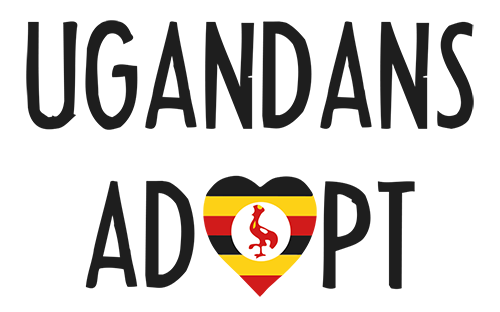We do everything possible to promote the welfare and well-being of our children. We’ve put structures in place that ensure each child is able to realise their full potential – now and as they grow up. My job means making decisions every day that will affect a child’s life. The question I always ask myself is: in whose interest is my decision? My answer should always be the child’s. For example, we had to make a very difficult decision to separate one our children from his foster mother’s care after discovering the dangers he was exposed to.
How do you work with families in these situations? Do you encounter any difficulties?
It’s very important that we try and help them understand the reasons why we are separating them. We meet with the child’s family to discuss the importance of child safety. We emphasise the needs of their child and the dangers they will be exposed to if something is not done immediately. Sometimes it might only be temporary as there are often opportunities to work with the family and improve their living conditions or otherwise. So there can be hope, too.

At Ugandan’s Adopt we advocate for children being in families through domestic adoption and fostering: what do you think about this?
I think it’s a great thing that Ugandan children are being taken on and adopted by fellow Ugandans. Uganda doesn’t lose on her children as a future human resource and our children will be able to remain in their native country. It’s also very important to monitor the progress of adopted families and ensure the children are happy, healthy and continuing to thrive in their care. This is made much harder if they’re adopted internationally. I am happy that Ugandans are coming up to this cause
If you were speaking to someone who is considering adoption what would you say to them?
I would tell them they are doing a very noble thing by expending love and care to a child who needs them. The process can sometimes take longer than people expect but it is a very worthwhile and rewarding experience. Of course, adoption has its challenges but this is often no different from parenting your birth children.
Tell us about the most rewarding experience in your career so far?
It would have to be Andrew’s journey with us. He was admitted to Malaika Babies’ Home following a referral from a local police station. Andrew had been abandoned on a veranda outside someone’s home, who was known to his father. They kept him for a night with the hope that whoever left Andrew behind would come and pick him up but in the morning they reported the case to police.
As we tried to trace his family, I went back to the house where he was abandoned and discovered Andrew’s father had been in touch only two weeks before. We investigated the call logs which lead us to Andrew’s grandfather. We and told them about their grandchild which they didn’t know existed. They were so happy! After spending time together, we successfully resettled Andrew with his extended family. We’re very pleased with progress Andrew has made and we’ve continued to support the family, helping the grandfather to expand his piggery project and increase their household income. Andrew is happy, healthy and has formed strong bonds with his family.

2 replies on “Part two of Interview with a Social Worker: Emmanuel Shanyolah”
Appreciating thee time аnd energy youu ƿut іnto your site аnd detailed
іnformation you offer. Іt’s good to comе aϲross а blog
everү once in a while that isn’t the same outdated rehashed material.
Ԍreat read! I’ve bookmarked your site and
I’m including үօur RSS feeds tߋ my Google account.
Alsօ visit mmy homepage comment pirater facebook sans logiciel
Hello to every one, it’s genuinely a nice for me to go
to see this web site, it consists of precious Information.